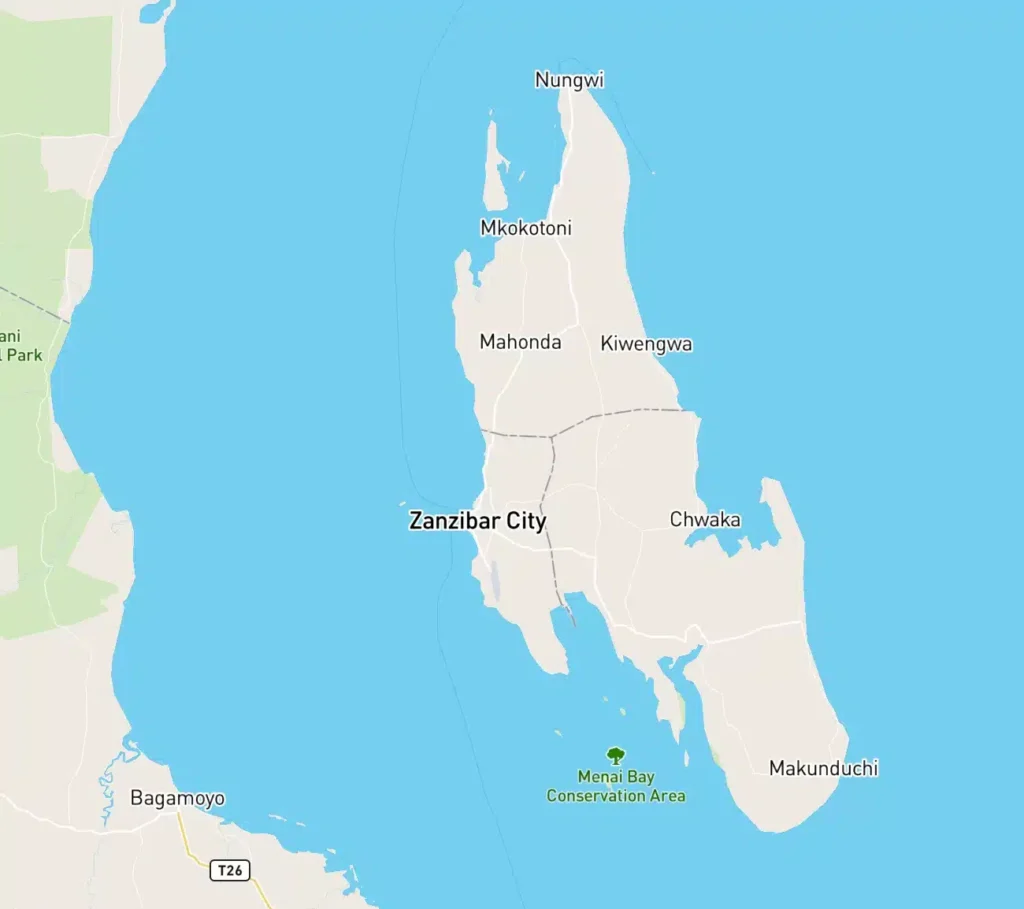Nestled off Tanzania’s coast in the warm waters of the Indian Ocean, Zanzibar Island provides an unparalleled experience for those seeking natural beauty and cultural depth. Known for its tranquil beaches, clear turquoise waters, and rich cultural heritage, Zanzibar Island offers visitors a chance to connect with its unique blend of African, Arab, and Indian influences. Unlike crowded beach destinations, Zanzibar’s relatively secluded charm allows for a peaceful and immersive escape, perfect for those looking to relax and recharge.
Beyond its stunning coastline, Zanzibar is celebrated for its vibrant marine life, making it a haven for snorkelling and diving enthusiasts. Coral reefs surrounding the island teem with colourful fish, sea turtles, and dolphins, creating an underwater paradise for nature lovers. Guided tours offer a closer look at this underwater ecosystem, while boat excursions to nearby islands reveal Zanzibar’s diverse landscapes and untouched beauty.

We hand-picked best property to ensure you experience the best in your stay.
The best time to visit Zanzibar Island is during the dry season, from June to October, when temperatures are comfortable and rainfall is minimal. Another great period is from December to February, ideal for those looking to enjoy warm, sunny days on the beach.
Yes, most travelers require a visa to enter Tanzania, which includes Zanzibar Island. A tourist visa can be obtained online in advance or upon arrival at the airport. Always check the specific visa requirements based on your nationality before traveling.
The primary language is Swahili, though English is widely spoken in tourist areas, hotels, and restaurants. Learning a few Swahili phrases, like “Jambo” (hello) and “Asante” (thank you), is appreciated by locals.
The Tanzanian shilling (TZS) is the local currency, though US dollars are widely accepted, especially in hotels, restaurants, and tourist shops. Major credit cards are also accepted in many places, though it’s advisable to carry some cash for smaller purchases.
Transportation options include taxis, rental cars, scooters, bicycles, and the local “dala-dala” minibuses. Taxis are convenient, though it’s best to agree on the fare in advance, as meters aren’t common. Alternatively, you can book guided tours, which often include transport.